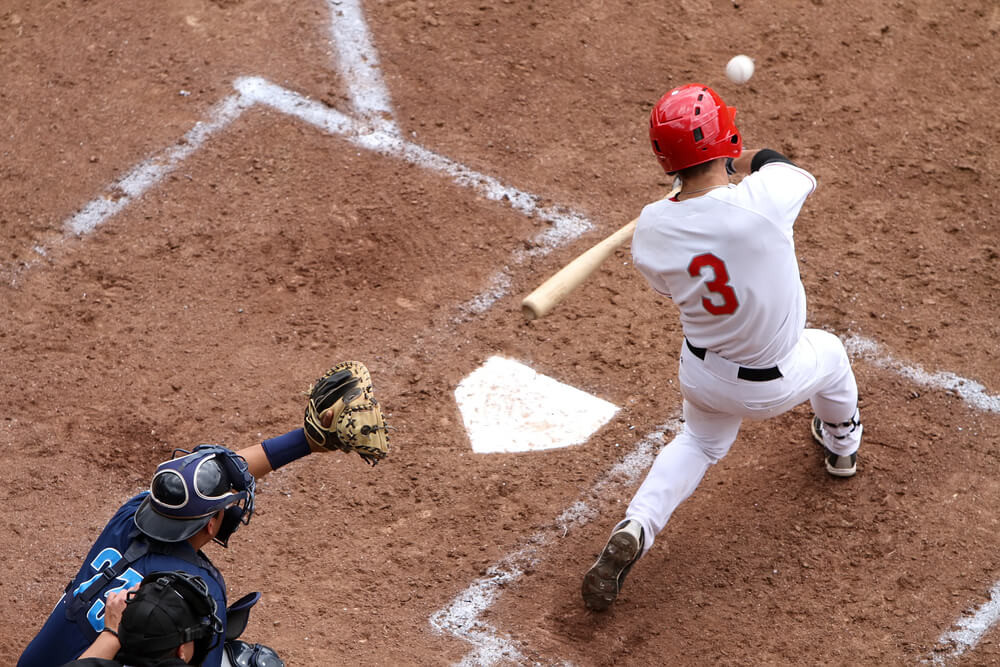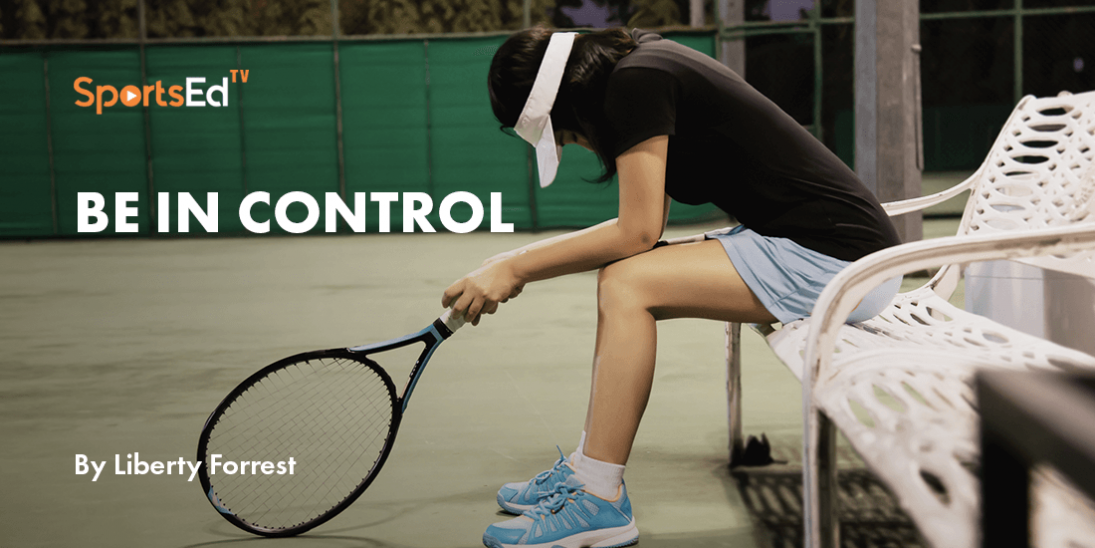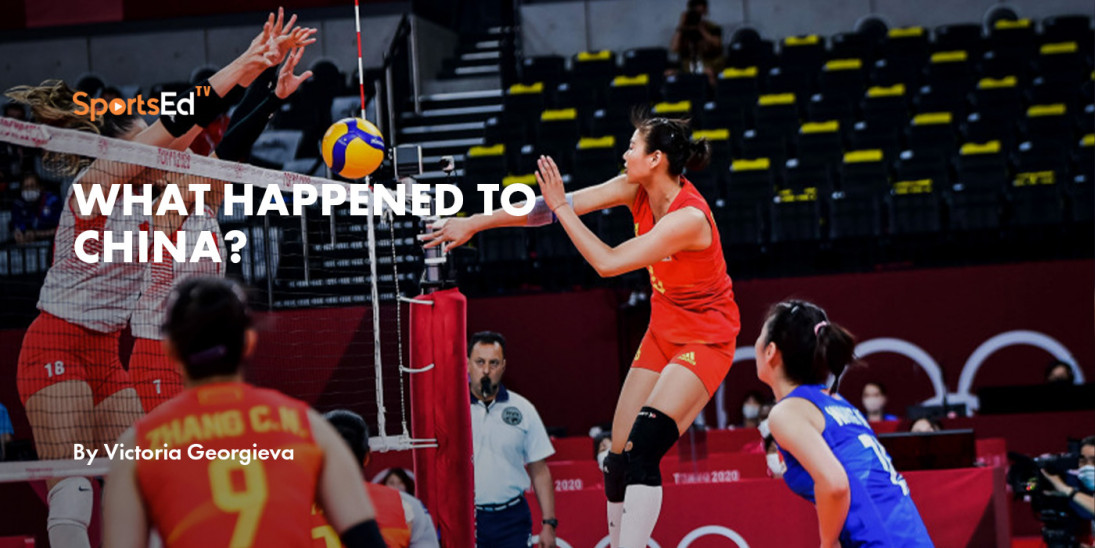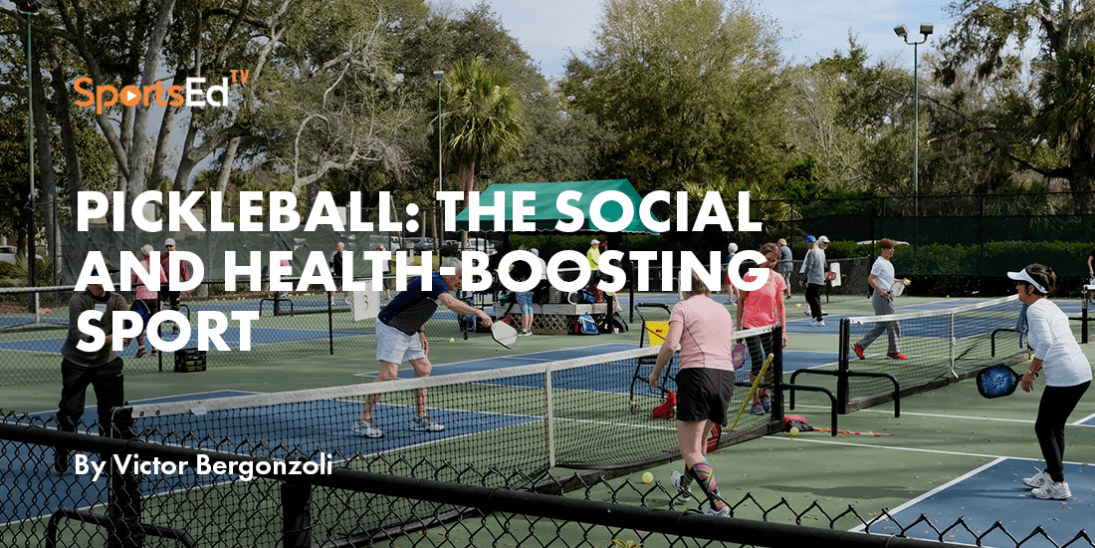Weightlifting, Golf, Tennis, Basketball, Volleyball, Soccer, Baseball, Mental Health, Physical Education, Football - American, Pickleball, Lacrosse
Welcome and thanks for visiting...

Study Yourself as a Coach
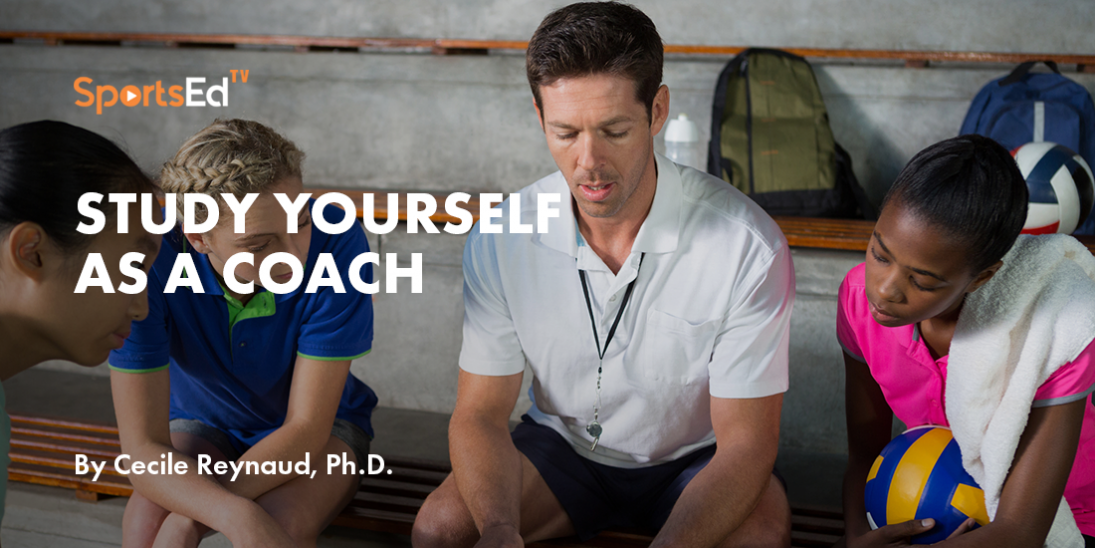
Every coach wants to be the best they can be, and they spend endless amounts of time and money educating themselves on their sport and the latest in techniques and tactics that will benefit their teams and athletes. Could you even possibly list all the conferences, coaching clinics, conventions, books, videos, lectures, coaching courses, and online blogs you have read or participated in with your sport?
Now, list all the time and expense you put into looking at HOW you coach athletes with all that knowledge you have. Would it be very much in comparison? You are the conduit between the athletes and all that information you have about your sport you want to share.
I would recommend you begin to spend more time and resources on studying yourself.
Before you can properly coach your athletes, you need to study yourself first and make sure you are being an effective coach. We spend so much time studying our athletes and trying to identify ways in which they can improve before we look at ourselves.
There are many ways to study yourself. Have someone video you (and record your voice) during practices and matches. No one else needs to be aware of this except the person filming you and maybe not even them. Just film the full court so you can watch yourself and listen to what you say to your athletes and how you say it as you move around throughout practice or on the bench during a match and during timeouts.
Think about what an ideal coach should be doing or saying.
- Talking less and asking more questions of the athletes…
Ideally you would like the athletes to hear everything you say, but if you are constantly talking, they will tune you out. When I was coaching volleyball at Florida State University, I had several graduate students in the communication department record my voice at practices for a research study they were doing. I wore a microphone and a recorder fastened to my waist. It recorded the amount of time I spent talking, at what level, and if I yelled or spoke above a certain level two lights would come on. During the three- hour practice they discovered I was talking 2:45 minutes. It was shocking to me to realize this. There was only 15 minutes I was quiet. I want to take it all back and start over.
- Analyze your communication style and the reaction of those you are speaking with. Are you more positive than negative? Do you tell the athletes what they are doing wrong, or do you tell them what you want to see them doing better and how to do that?
- Only speak when you have something valuable to add. No need to ramble, they stop hearing your voice. You want a reaction from them when they hear your voice. If you have a pet, you know you can carry on a conversation in front of them and they don’t seem to be paying attention until you mention a certain word or phrase such as, “cookie” “go for a walk”, etc. I had to spell W-A-L-K because of the excitement they had just hearing the word. We’re looking for a reaction like that from our athletes.
- Quit talking about errors or pointing them out. Ignore them. Everyone in the gym knows they did not go for a ball or missed a serve. Instead, catch them being good. When you see an athlete that does something correctly you need to talk about that and celebrate that play. You’d be surprised how just letting the errors go unnoticed will pick up the play of your team. They will work much harder to get your praise when they know that is coming more often.
- Hire a professional executive coach or get a mentor you trust to analyze how you communicate with your athletes. Hopefully it is someone that understands coaching or the sport or human relations and how to manage people successfully.
- Another useful resource could be a sport psychologist or doctoral students from a sport psychology department. We had an excellent sport psychology department on our campus and the students were always wanting to get involved in our volleyball program. Instead of having them work with the team I had them study me. When they first gave me their feedback some of it was tough to hear, but it came from an impartial source, so I paid attention and made adjustments. They watched me when we were losing and when we were winning and showed me the differences. They listened to me at every practice, in the pre-game talks, during the time-outs and the post-match comments. I gave them full access but expected them to be with us all the time so they could keep up with the daily rhythm of the team, staff and our training. They could also follow us around in the weight room and the athletic training room to observe communication and outcomes. This was all done at home matches since we didn’t have the budget to have them travel with us. Obviously there has to be great trust to let someone be on the inside with your team, but these people wanted to be professionals and would have to get my recommendations and feedback on their work with our team, so it worked out great.
- You should also have your team and staff take a personality test of some type like a DiSC assessment. That model greatly assists coaches in understanding themselves and their team. It also helps the teammates learn more about each other and they best respond to information and situations. It is helpful in minimizing conflicts and have more meaningful conversations.
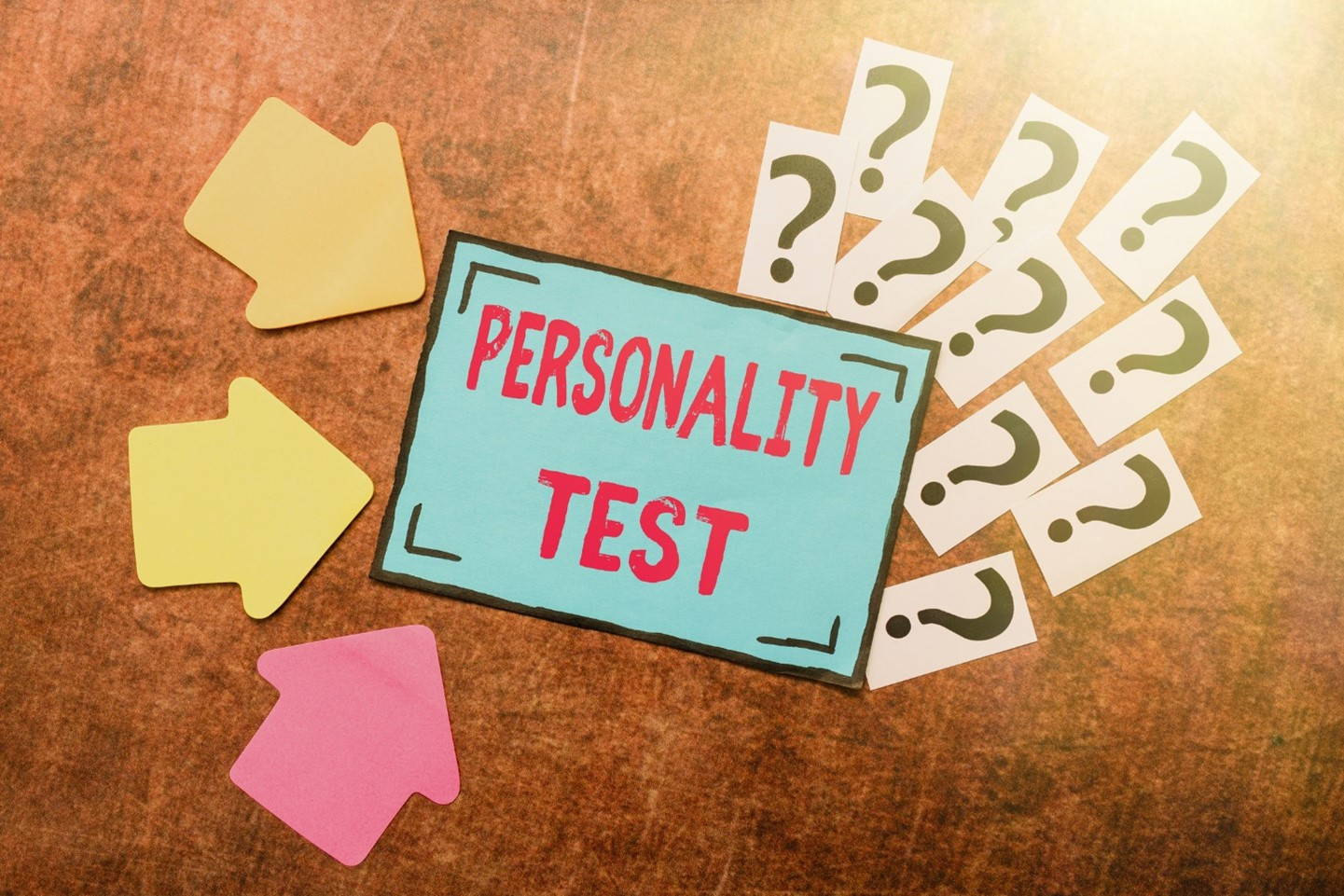
Think about putting more time into studying yourself the next time you are investing time and money in education. It will be worth it for you and your athletes.

